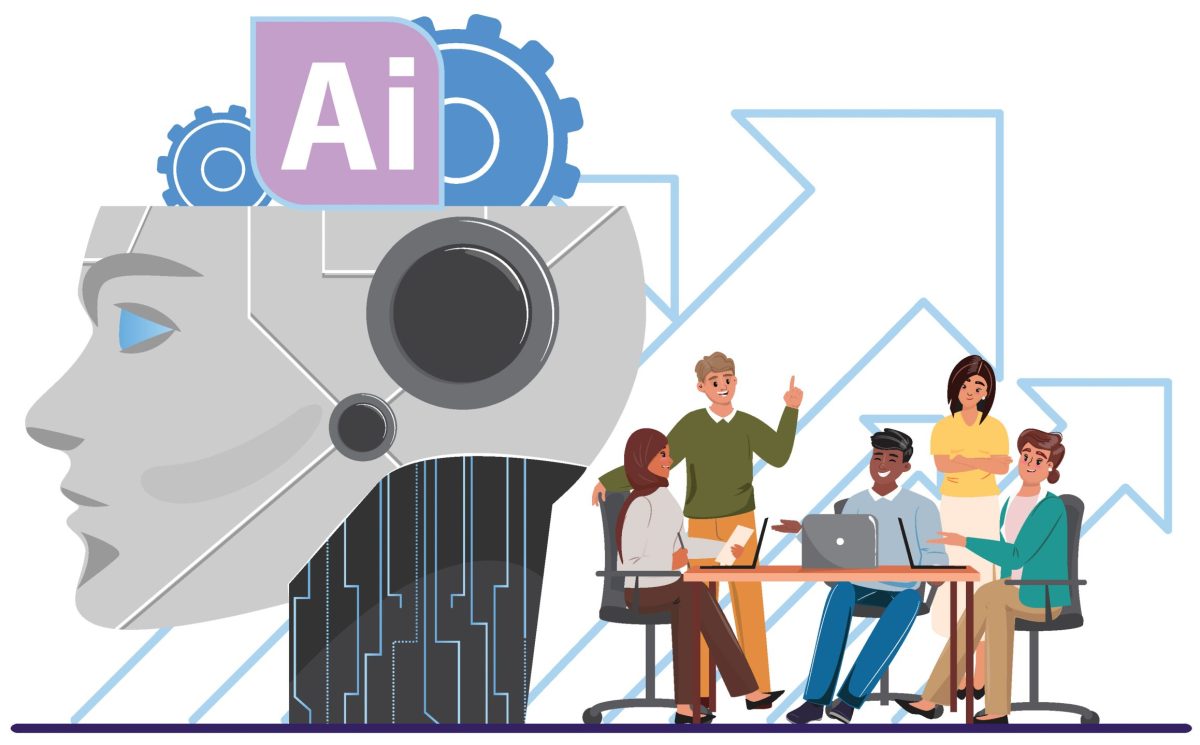In today’s unpredictable business environment, small and medium-sized enterprises (SMEs) must be ready to respond quickly and effectively when a crisis strikes. Whether it’s a supply chain disruption, cybersecurity breach, or reputational issue, preparation and clarity make all the difference. That’s where AI Prompts for Crisis Management come in, they help leaders think strategically, communicate clearly, and align their teams around quick, data-backed actions.
Why Crisis Management Matters for SMEs
For SMEs, a single crisis can have lasting financial and reputational impacts. Unlike large corporations with dedicated risk teams, SMEs often rely on small leadership groups to manage high-pressure situations. Using AI-powered prompts, teams can plan responses, identify potential weak spots, and develop actionable recovery strategies—all while maintaining composure and focus.
Incorporating AI Prompts for Crisis Management ensures your business doesn’t just react but responds intelligently with foresight and structure.
Top 5 AI Prompts for Crisis Management
Here are five powerful prompt templates, each designed to help your team set goals, make quick decisions, and enhance preparedness during crises.
1. Identify Potential Crisis Scenarios
Prompt Template: “List potential crisis scenarios that could impact [your industry] in the next 12 months and categorise them by severity and likelihood.”
Example Output:
1. High likelihood, high impact: Supply chain delays due to regional transport issues.
2. Medium likelihood, high impact: Data breach or cyber-attack.
3. Low likelihood, high impact: Natural disasters or political instability.
Why This Is Useful: This helps your team anticipate crises before they occur. By mapping severity and likelihood, you can prioritise which scenarios to prepare for and assign ownership early on.
2. Develop a Crisis Communication Plan
Prompt Template: “Create a communication plan for internal and external stakeholders during a major product recall scenario.”
Example Output:
1. Internal: Immediate Slack/Teams alert with talking points for all departments.
2. External: Press release within 2 hours, followed by a social media update clarifying the issue and next steps.
Why This Is Useful: In crises, confusion spreads faster than facts. Having a structured communication plan ensures transparency, trust, and consistency, key to protecting your brand’s reputation.
3. Assign Roles and Responsibilities
Prompt Template: “Design a crisis management task force and define specific roles, responsibilities, and communication lines.”
Example Output:
1. Crisis Lead: Oversees strategy and updates executives.
2. Communications Head: Handles media and customer messaging.
3. Operations Head: Coordinates internal response and resources.
Why This Is Useful: Clarity eliminates chaos. Knowing who does what allows for faster decisions and accountability, ensuring no critical step is overlooked during emergencies.
4. Draft a Recovery and Continuity Plan
Prompt Template: “Outline a 3-step post-crisis recovery and business continuity plan for a financial data breach.”
Example Output:
1. Secure systems and inform affected clients.
2. Conduct a forensic audit within 72 hours.
3. Implement security upgrades and staff training before reopening operations.
Why This Is Useful: A recovery plan minimises downtime and helps restore confidence among stakeholders. AI Prompts for Crisis Management make it easier to build practical, step-by-step strategies for operational recovery.
5. Review Lessons and Improve Preparedness
Prompt Template: “Summarise key lessons learned from the last crisis event and suggest three process improvements for future prevention.”
Example Output:
1. Lesson: Communication lag led to misinformation.
2. Improvement: Implement automated alert systems and cross-team crisis training.
Why This Is Useful: Learning from past crises ensures continuous improvement. This prompt helps your team move from reactive to proactive, turning each challenge into a learning opportunity.
How Stratpilot Can Help Your Crisis Management Strategy
Stratpilot is your AI-powered companion that helps SMEs prepare smarter for crises. Using its intelligent workspace, teams can set goals, document risk scenarios, and create structured response workflows. Stratpilot’s AI-driven prompt templates assist in identifying gaps, developing mitigation strategies, and ensuring everyone stays aligned when pressure hits.
While Stratpilot doesn’t manage the crisis itself, it provides the strategic framework and guidance that keeps your team coordinated, informed, and agile during high-stress events.
Take Control Before a Crisis Hits
Don’t wait for uncertainty to strike; empower your team with structured AI support. Request a demo today to plan, prepare, and perform with confidence, even when the unexpected occurs.
Frequently Asked Questions (FAQs)
Q1: What are AI Prompts for Crisis Management?
They are structured AI-driven questions or commands designed to help teams anticipate, plan, and respond to crises effectively.
Q2: How can SMEs benefit from using these prompts?
They save time, improve clarity, and help small teams act decisively under pressure, without needing a large risk department.
Q3: Are these prompts industry-specific?
They can be customised for your business type, whether you’re in retail, tech, healthcare, or logistics.
Q4: How often should we review crisis management plans?
At least twice a year. AI prompts make it easy to update your risk scenarios and ensure your team is always ready.





